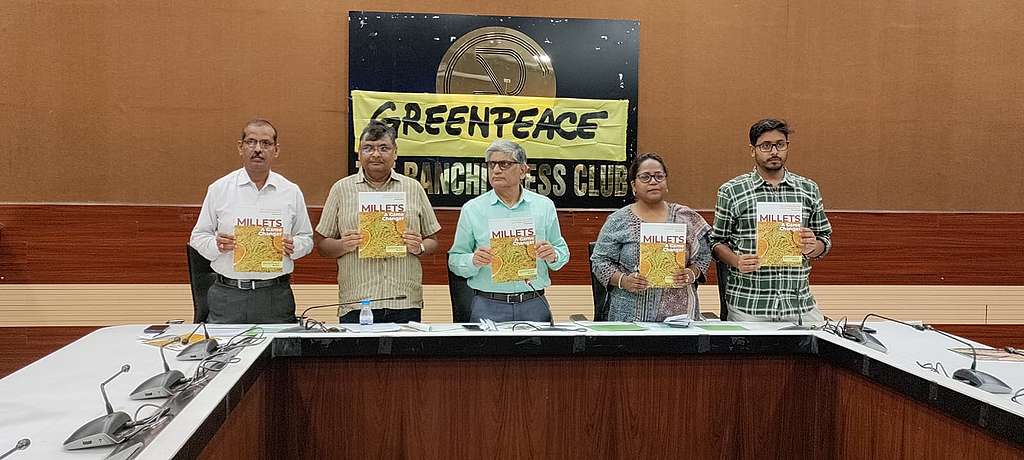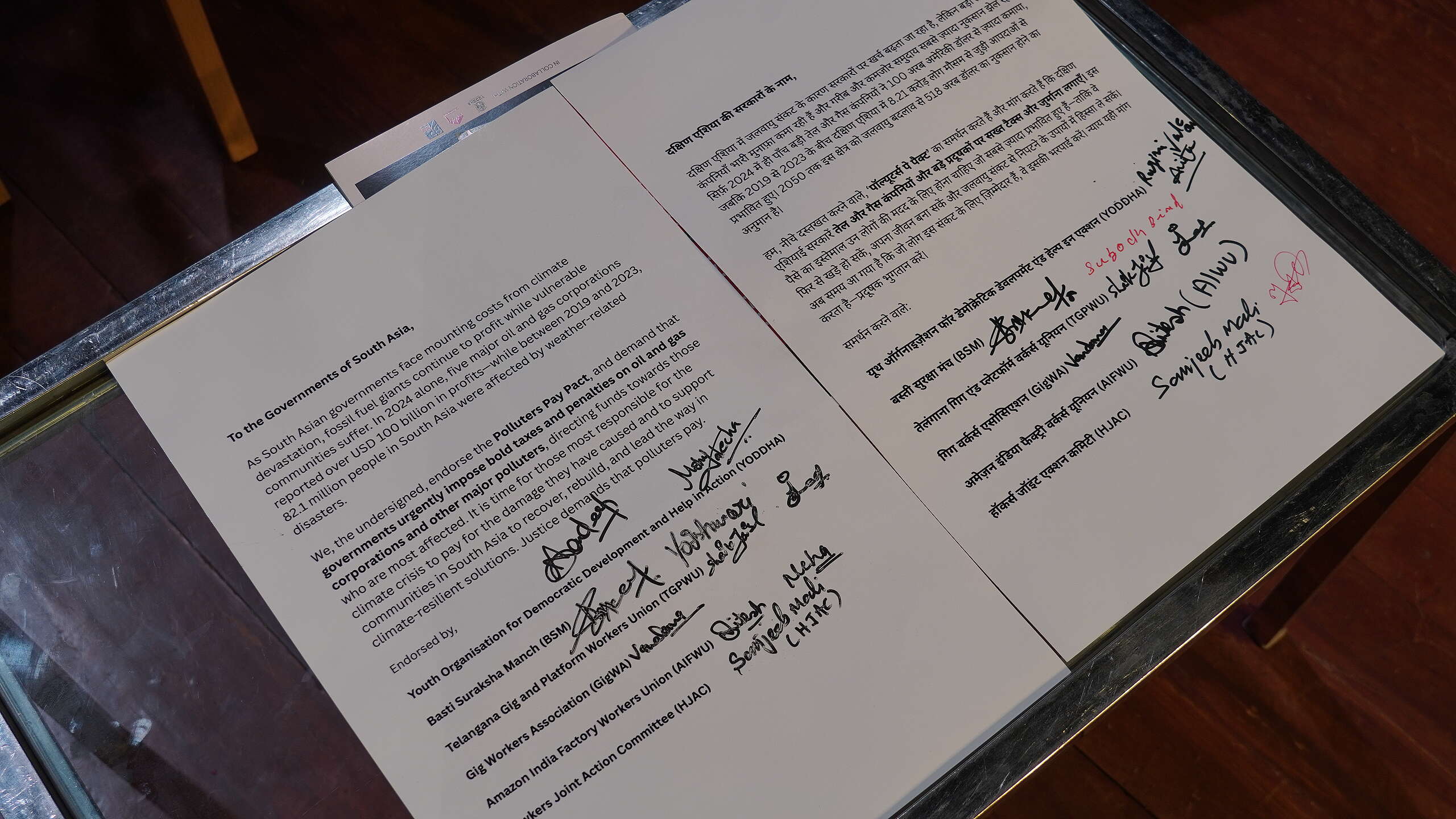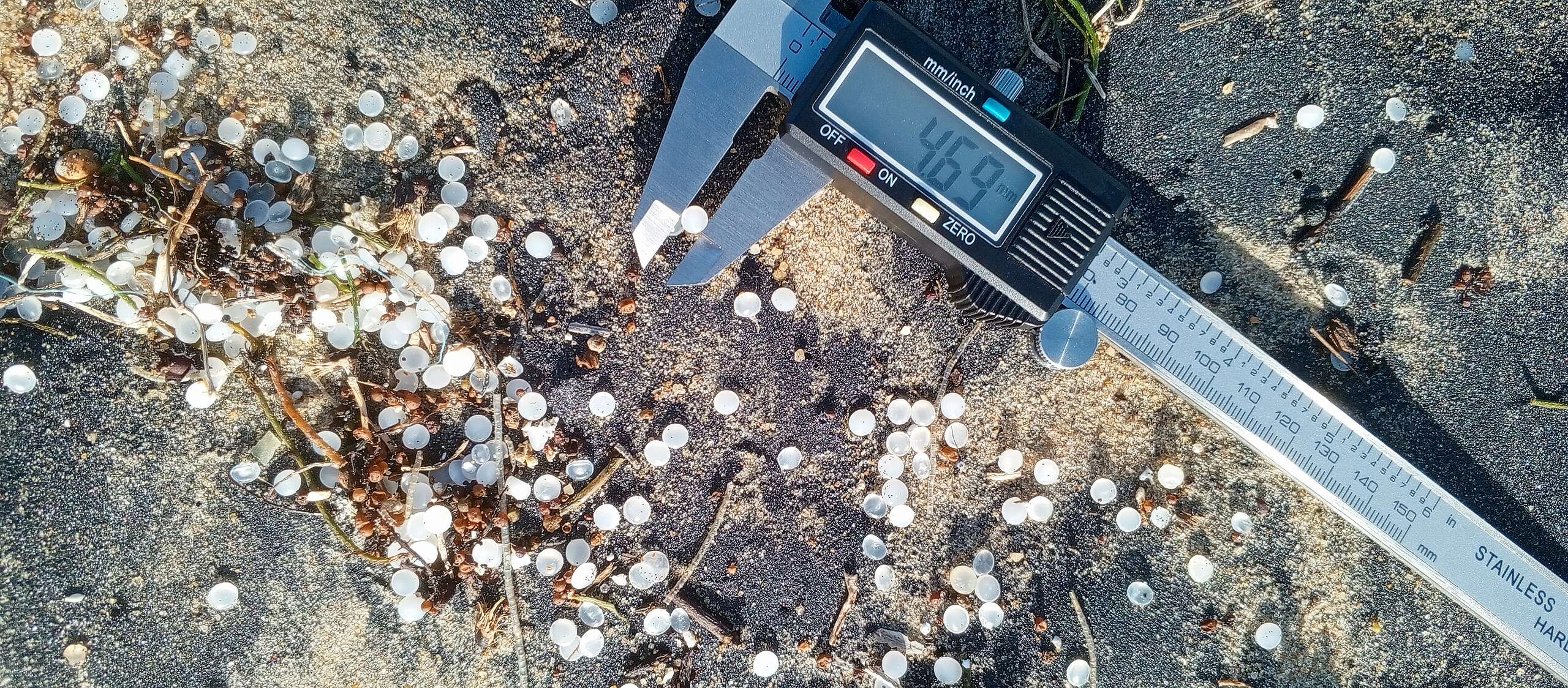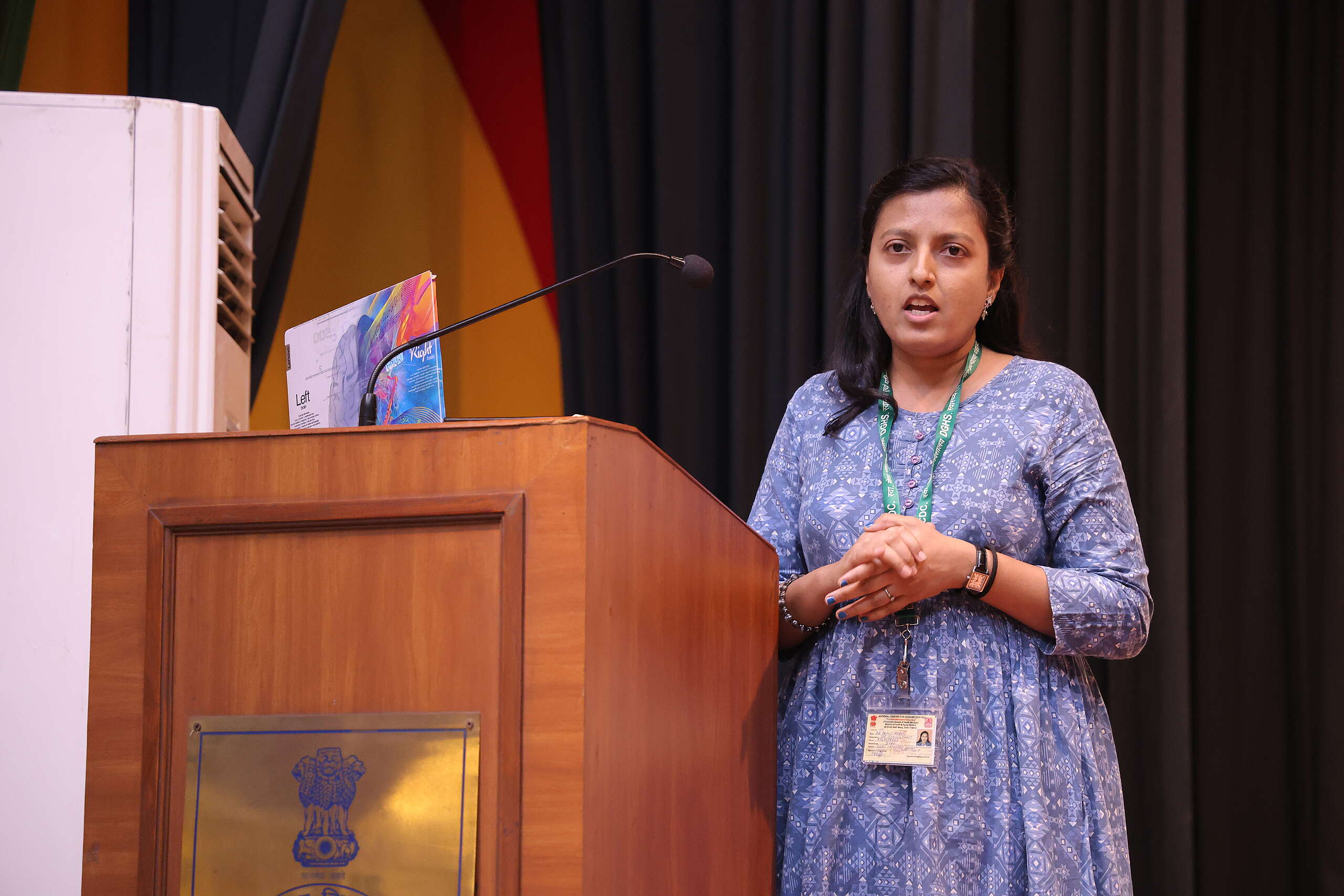
Ranchi, June 14: In a press conference organised by Greenpeace India, civil society groups appealed to the Jharkhand Government to incorporate millets into the Midday meal scheme in the state, as an attempt to enhance the nutritional security of school-going children in the face of climate change. Greenpeace India also released a report titled “Millets: A game changer for nutritional security and climate resilience in Jharkhand,” which highlights the climate resilient and nutrient rich properties of indigenous and local grains and their ability to address the persistent problem of anaemia and malnutrition among children in the state. Indian Medical Association (IMA), Jharkhand chapter President, Dr Shambhu Prasad also had supported this demand .
Jharkhand has been struggling with dismal rates of malnutrition and anaemia with the National Family Health Survey (NFHS-5), as of 2019-21 revealing that 67.5% of children aged between five months and five years were found to be anaemic. To tackle iron deficiency anaemia in the state, finger millets—which are local to the state — have high iron content (9.8 mg per 100 gm), would help address the issue.
Ashrafi Nand Prasad, Convenor at Right to Food Campaign Jharkhand, said, “Over 80 per cent adolescents in India suffer from ‘hidden hunger’. The rice- and wheat-centric policies and a cereal-based PDS may have reduced hunger, but the problem of malnutrition persists and has only amplified poor nutritional outcomes, thus the introduction of millets like Kodo, ragi etc in ICDS and Midday Meals would be an ideal first step in fighting this.”
Culturally, millets have been a staple for Jharkhand’s indigenous population, and the inclusion of millet in the Midday Meals is also expected to ensure better price realisation, equity and justice for vulnerable tribal farmers. Rohin Kumar, Senior Agriculture campaigner at Greenpeace India,
- http://rchiips.org/nfhs/NFHS-5_FCTS/Jharkhand.pdf
- https://apeda.gov.in/milletportal/files/Jharkhand_Millet_Value_Added_Products_Catalogue.pdf
highlighted that nutritional security should be approached holistically by promoting climate-sensitive agriculture and diversification of crop systems instead of relying on silver bullet solutions like rice fortification, which may have potential risks. “Diverse diets including millets is the need of the hour. Climate reports such as the Intergovernmental Panel on Climate Change (IPCC) have been suggesting that the Indian subcontinent is experiencing water scarcity, massive losses in crop production and disruptions in cities due to the extreme weather conditions. The instances of extreme weather events and chronic changes in climate systems are expected to aggravate in coming years. Hence, the government needs to create adequate demand and supply of many localised indigenous grains, vegetables and fruits which further enables cultural and social change in our consumption patterns,” he added.
Aruna Tirkey, Founder Ajam Emba, emphasised that indigenous communities have been historically dependent on uncultivated greens as their major source of food and micronutrients such as calcium, iron, folate, vitamin A and C. “Despite the huge benefits, these forest foods are reportedly under-utilised in the community. It is important to revive and bring back lost and disappearing food through ‘farm to plate’ approach,” she added.
Greenpeace in its report put forth a series of recommendations for the state government such as:
a.) Initiating procurement of indigenous varieties of millets, unpolished rice and pulses under the Minimum Support Price (MSP) programme as it will encourage farmers to increase acreage under millet cultivation.
b.) Government should facilitate access to credit, technical assistance, and market linkages for farmers to promote increased production of millets and local foods.
c.) The supply chain and storage facilities for millets and locally grown foods requires strengthening of infrastructural investment. Collaborations between government agencies, NGOs, and private sector actors can help improve logistics and distribution.
Millets have been gaining popularity in recent times and 2023 being declared as the International Year of Millets presents an opportunity to bring these nutrient-rich grains back to people’s plates in Jharkhand. A commitment to include millets in the Public Distribution will promote the health and wellbeing of the people of this vibrant state.
For additional information:
Rutwik:
+91-6364115455
Shree Nidhi
+91-8340701803



